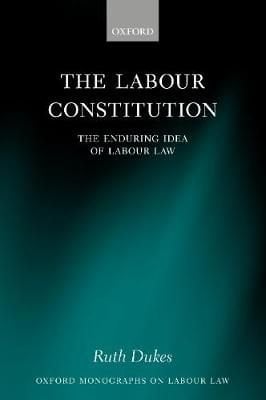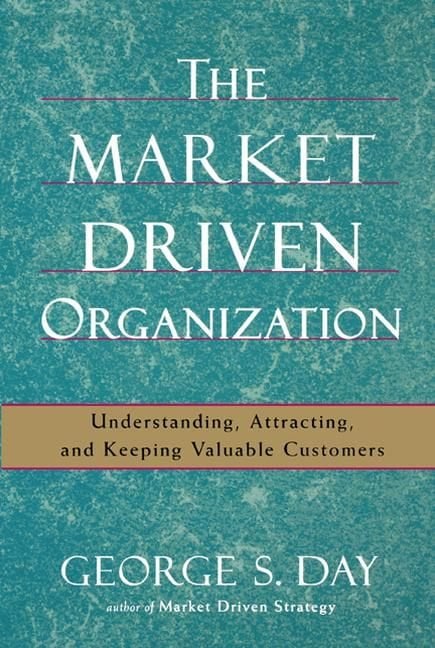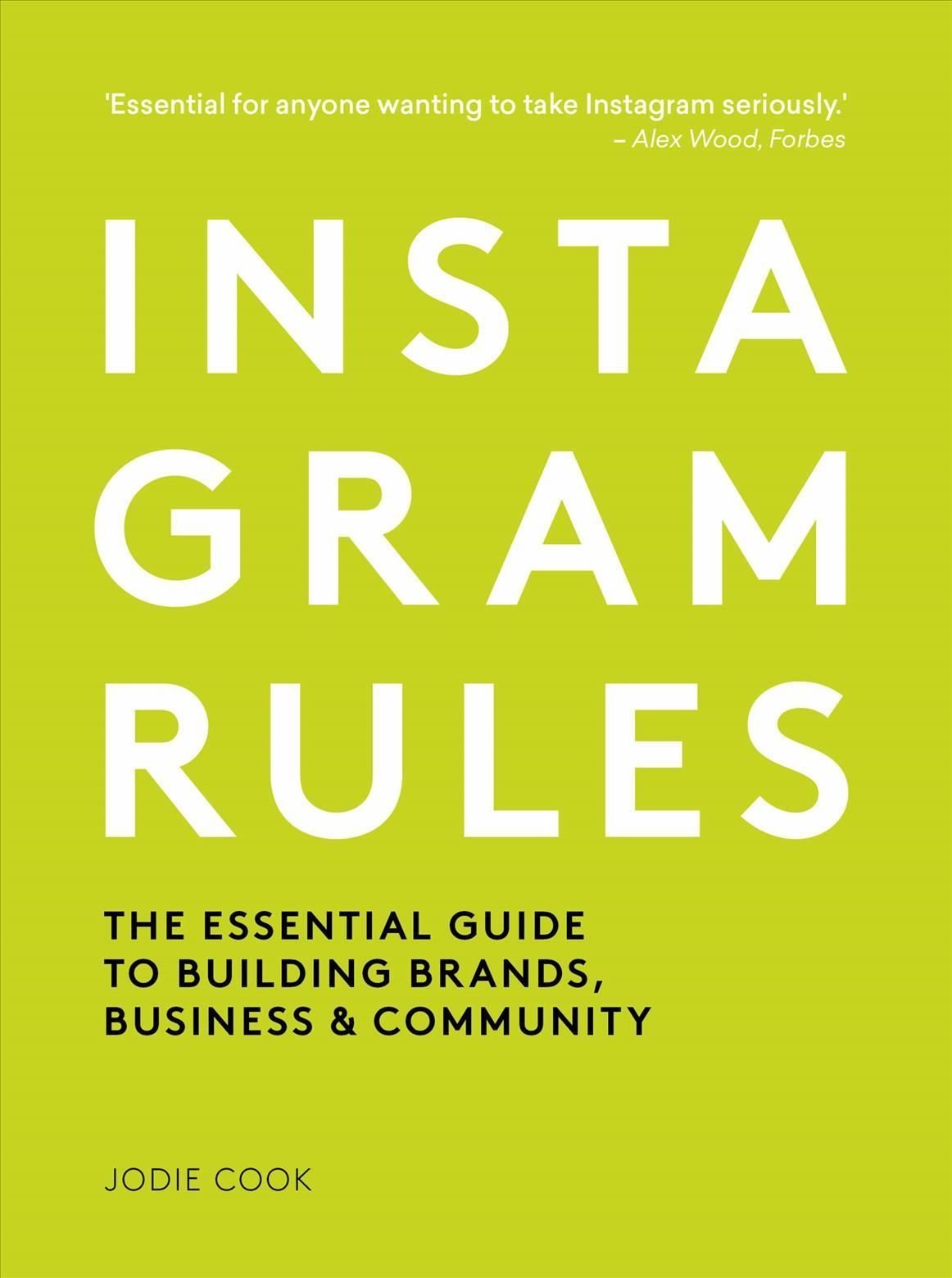From the late 1930s until December 7, 1941, isolationism and an antipathy toward war in Europe were strong political currents in the US. However, once the US entered World War II, the entire apparatus of the US government was mobilized to “market” the war to Americans who were incredulous and horrified about the attack at Pearl Harbor. Americans wanted immediate and detailed information from the US government and the nation’s media and entertainment companies about the recent military disasters. This book analyzes the complex relationships between the US government and the entire media and entertainment industries between 1939 and 1946. The US government realized in early 1942 that it needed to forge an alliance with the media and entertainment industries to create and maintain support for the war. The Office of War Information (OWI) was the US government agency acting as the liaison between Washington and the diverse media and entertainment industries; and all of them confronted a series of major issues and concerns to convince Americans to support the war effort. This book offers business historians an examination of the complex and sometimes tense relationships between the OWI and the radio, magazine, newspaper, and motion picture industries.












